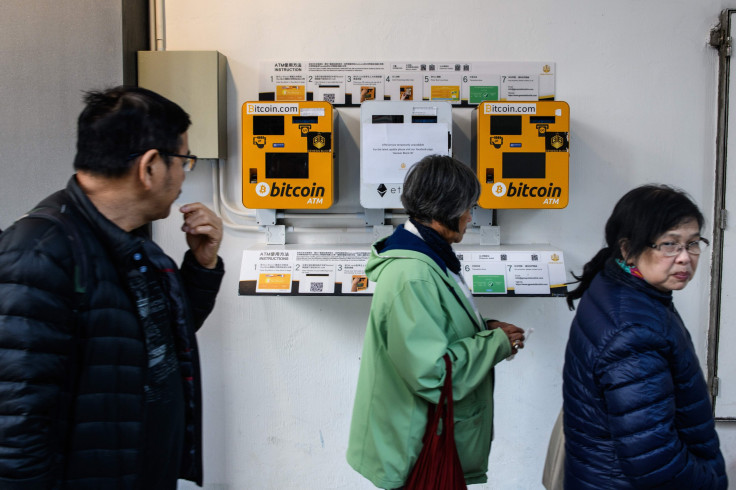Blockchain Service Providers In China May Face Stricter Regulations, Diluting Customers' Privacy

The government in China has drafted new regulations pertaining to the management of blockchain. The draft, published Friday, covers several aspects of blockchain including the process to be followed by blockchain service providers for registration, competent authorities regulating blockchain, and the responsibilities of blockchain service providers.
The draft is prepared with the purported intent of safeguarding national security and public interest, and promoting the healthy and orderly development of blockchain technology. The draft regulation requires users to provide their real names and national identity card numbers when registering for a blockchain service, taking away one of the intrinsic properties of blockchain — anonymity.
Blockchain service providers would also be required to retain backup of user data for six months and provide them to the law enforcing authority — National Internet Information Office — whenever necessary. Users who violate the new laws would be warned, have access to their accounts restricted or have their accounts shut down altogether, depending on what service providers consider appropriate.
Comments from the public on the draft have been invited, and can be submitted until Nov. 2, but it’s not clear when the new policy would be enforced. It is also unclear whether the National Internet Information Office — which drafted the regulation — would actually modify the draft based on the comments.
According to South China Morning Post, the proposed new regulation was drafted after a Chinese activist published an open letter about an incident of sexual harassment that happened more than 20 years ago, and made it public on the ethereum blockchain by attaching it to a transaction made by the poster to himself. Since all transaction records are public on the ethereum blockchain, the letter could be read by anyone. The poster first published the incident on other media platforms like WeChat, and Weibo which attracted China's infamous censors.
Similar regulations are already enforced in China’s mobile payments industry. WeChat Pay — Chinese multi-purpose messaging platform that also provides payment services — requires users to register with a bank card or a national identity card for transactions which are over $143.99 in order to use the service.
The Chinese government’s regulations on blockchain technology were favorable in the past. Internet industry report from the South China Morning Post in July, and earlier, the 2017 China internet report in August 2017 showed the Chinese government was supportive of blockchain related services — at least for local businesses.
The Asian giant's crackdown on the cryptocurrency space started in September 2017 with a ban on initial coin offerings. In July, the government also made it illegal to use fiat currencies for purchasing cryptocurrency. Travel bans were imposed on company executives from Huobi and OKCoin cryptocurrency exchanges. Beijing’s central Chaoyang district issued a notice Aug. 17 banning hotels, office buildings and shopping malls in the area from hosting events promoting cryptocurrencies.
These moves drove away many cryptocurrency-related businesses from China but did not affect Hong Kong, as it is a specially administered territory of China and has a separate political system.
© Copyright IBTimes 2024. All rights reserved.




















